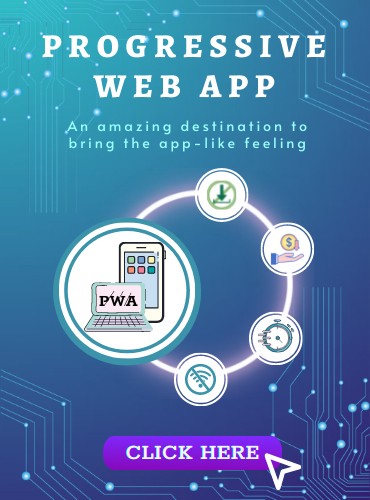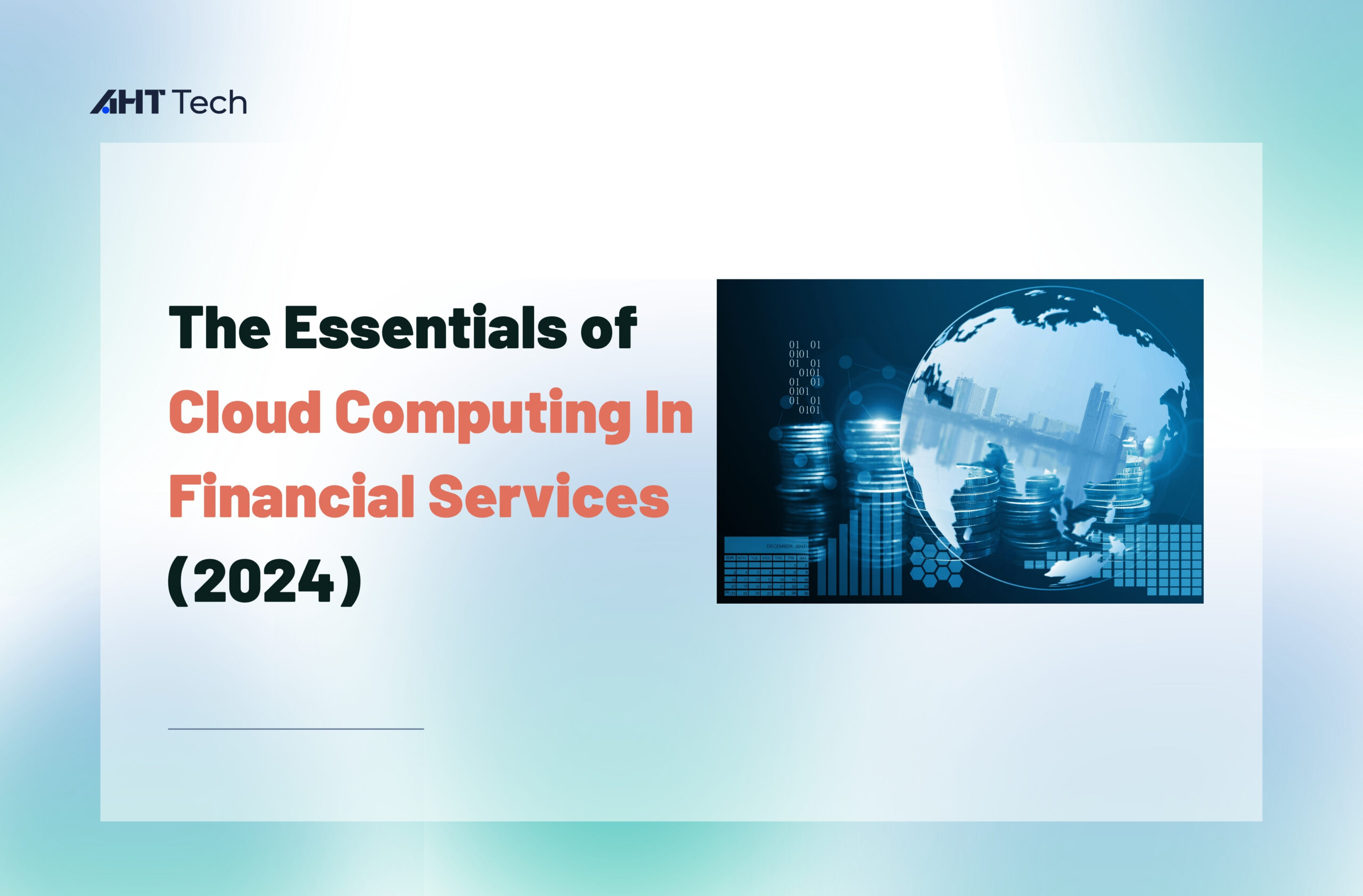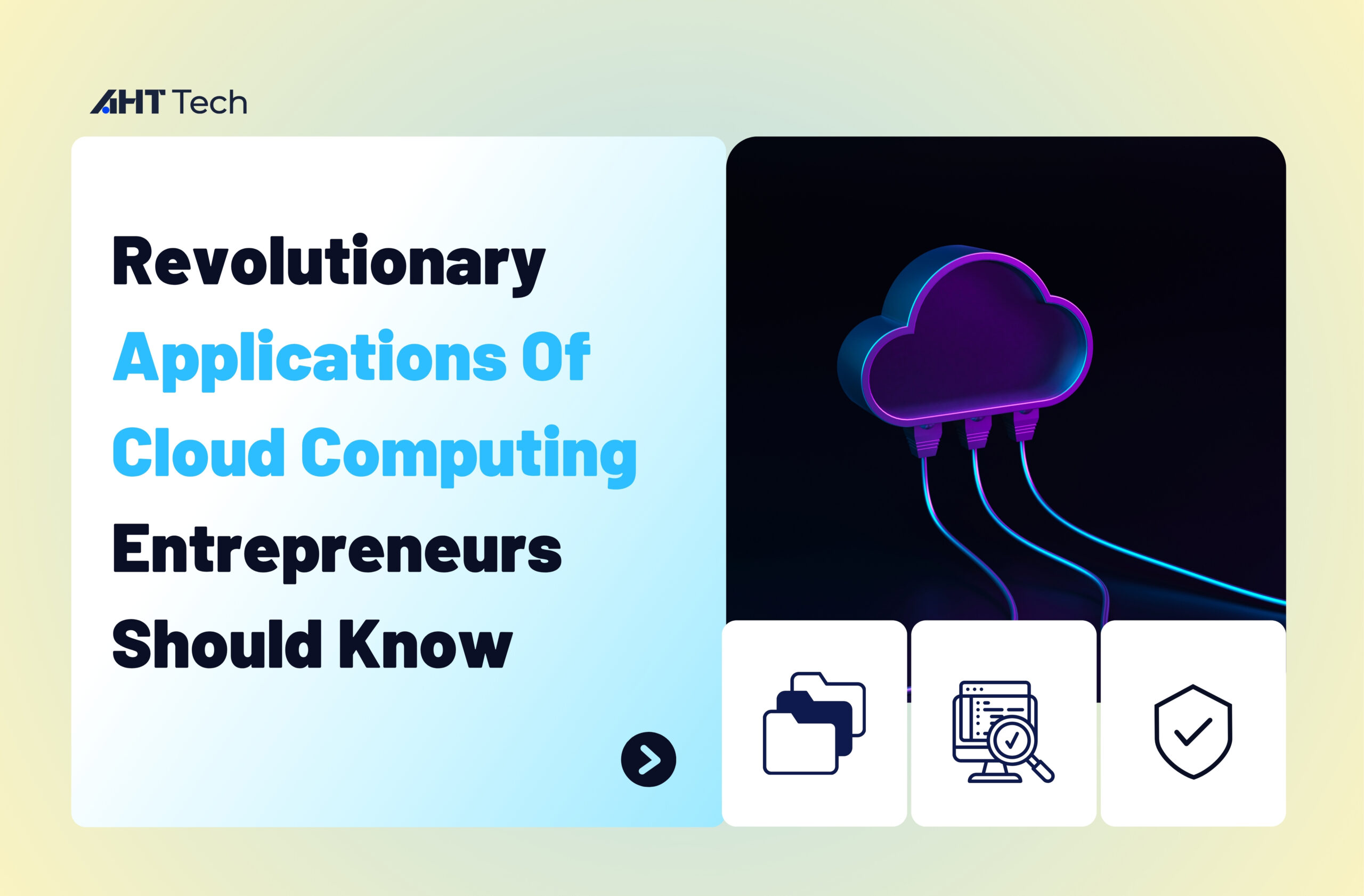
Introduction
During the fierce period of the COVID pandemic, people have gradually approached the application of cloud computing for healthcare. For example, data about each person’s vaccinations will be managed on separate apps for Sars Covid or health management by country. This helped in the process of coordinating people’s travel at that time to reduce the possibility of spreading the disease.
This is just a simple example of our awareness of the application of cloud services to the medical field. In addition, this “wireless” technology has contributed greatly to the outstanding development of the healthcare industry from all aspects, such as detection, storage, security, and accessibility. In this reading, let’s delve into the gems of cloud computing in healthcare, alongside its potential and limitations in practice.
Cloud Computing For Healthcare Overview

According to McKinsey, cloud-based healthcare solutions can generate a value of $100 billion to $170 billion by 2030. Clearly, the impact of this solution has brought great resources to hospitals or medical facilities in both performance and strict management.
To understand more specifically, cloud computing for healthcare enables doctors or medical staff the ability to access servers only via the Internet to directly store, search, manage and process medical data. With the huge amount of patient data, hospitals can now systematically secure this information as well as synchronize it in real-time. Health information and examination history are also tracked by patients on hospital applications, up to EMR (Electronic Medical Records), etc, which are all applications of cloud computing in healthcare these days. Health information and examination history are also tracked by patients on hospital applications, up to EMR (Electronic Medical Records), etc, which are all applications of cloud computing for healthcare these days.
Different Types of Cloud Computing For Healthcare

1. IaaS – Infrastructure as a Service
Many physicians and healthcare facilities use cloud technologies to facilitate the processing and archiving of resources like diagnostic images and electronic health records. The core components of IaaS – virtualized servers, data warehouses, and networking resources – will allow for tight and flexible management of everything.
2. PaaS – Platform as a Service
Medical facilities can benefit from cloud-based services under the PaaS model without investing much in intricate infrastructure. Specifically, hospitals may develop leading-edge telemedicine systems and healthcare applications with the platforms at hand. A hospital portal is also a practical example of Paas as it is widely used to connect medical experiences with patients in every interaction.
3. PaaS – Platform as a Service
With ready-to-go software or SaaS, this kind of cloud computing for healthcare can save a bunch of time for hospitals in investing time and resources in management and automation. The process of handling medical-related software such as EHR systems, medical invoices or creating examination schedules is simplified for convenience.
4. Public, Private & Hybrid Cloud
Cloud solutions will usually be deployed in public, and private environments or, more conveniently, a combination of them to create a hybrid cloud. Depending on each demand of medical facilities or hospitals, they will have the most suitable choice to simultaneously maintain and process data seamlessly and securely.
To better understand the perks of these cloud types for medical applications, check out this reading to uncover:
Hybrid Cloud Computing Essential Guide (2024)
5. Clinical Clouds
A type of cloud-based service dedicated to specialized tasks in the medical field. Clinical cloud computing is fully utilized in clinical trials as well as research on healthcare efforts to bring high efficiency and convenience. Due to this approach, hospitals can share and access medical information securely and without technical errors. At the same time, clinical clouds aim to speed up the process of connection and cooperation between organizations in medical research.
6. DRaaS – Disaster Recovery as a Service
With the aim of minimizing interruptions in the medical treatment process for patients, in addition to data risks from the healthcare system, DraaS has been put into practice. This cloud computing ensures patient record data is continuously and seamlessly updated to facilitate data access and treatment steps.
What are the Benefits Of Cloud Computing For Healthcare?

Interoperability is no longer a barrier
In the medical environment, the interactive process of sharing data is very important, and it requires accuracy and convenience. Regardless of where the data source is stored, as soon as doctors and nurses need it, they need a logical system to easily distribute and collect documents and in-depth information. This is practical for providing thorough and accurate health care. Cloud-based space simultaneously collects many resources from stakeholders and accelerates real-time protocols.
Increased Protection
Cyber attacks are a concern due to the massive volume of data in the medical industry that has to be handled on a daily basis. As cloud computing for healthcare constantly provides the capability to detect and notify users promptly about doubtful behaviors, the data system’s security is also substantially guaranteed.
Not to mention, in order to adhere to solid security and privacy values like HIPPA and GDPR, hospitals and clinics may choose outsourced cloud service solutions from third-party vendors like AWS and Microsoft Azure.
Uncover Data Insights
The integration of cloud computing with leading technologies such as AI and ML has long increased the power of cloud resources. For the healthcare sector, this application contributes in the decision-making process to create a competitive advantage.
In short, detailed patterns, hidden trends, and significant correlations can be screened and presented to inform health efforts. Thanks to smart algorithms and fast information reading speed, doctors can now completely predict health conditions based on found data to customize treatment courses for patients.
Open up the potential for telemedicine
There are no more barriers for people to receive remote medical services with the application of cloud computing for healthcare. The system contains shared data to help the process of providing and treating patients with medical care more straightforward and more effective. Groundbreaking features such as virtual analysis and remote physician consultations via video conferencing mark a giant leap forward in today’s medical care.
Focus Services On Patients
Not only are they gems that doctors can exploit, cloud computing for healthcare also brings a lot of value to patients when experiencing its applications. When we have access to medical data such as test results, prescriptions and individual notes from doctors, patients are fully aware of their medications and treatment procedures to Avoid unnecessary tests. Additional prescriptions and costs are transparent between doctors and patients to enhance the service experience between both parties.
Risks may be encountered when applying cloud computing to healthcare services

It’s not a game-changer for the healthcare industry
There is no denying the efficiency and convenience of cloud computing storage space, but this is not the only weapon you need! Healthcare organizations need to put in extra effort to incorporate other powerful applications from IoT, AI, and other data management tools to build a more structured system.
Insufficient knowledge can cause unpredictable consequences
Although the cloud space is easy to access for users in the first stage, to maintain and strengthen in the long run, we need more than you think. To focus on core values such as providing medical services and medical examination and treatment, the advice is that you still need a software expert to handle technical risks. Especially for experts in cloud technology in medicine, the lack of this role can lead to many shortcomings in the operating system.
Security compliance regulations must be closely followed
Because the data management system is established on the cloud, it’s essential for hospitals to strictly comply with the provider’s information security regulations. In parallel, medical and healthcare organizations must always update their compliance measures to avoid penalties for regulations such as HIPAA.
It takes time to transfer technology
For employees who are familiar with legacy systems, this will be a challenge in the beginning when approaching new technology such as cloud storage. In order for all processes to fall into place, medical staff will need training courses to familiarize themselves with and maximize the application of the cloud to their work. This will go from a challenge to an opportunity to improve efficiency in healthcare and reduce the significant cost of management and storage resources.
Read more:
Find Out The Best Cloud Computing Platforms To Foster Your Business Infrastructure
Wrapping Ups,
As scientific technology moves forward with many practical applications to improve people’s lives, equipping yourself with updated knowledge is extremely necessary. Especially in the field of medicine and health care, the security and flexible information sharing of cloud computing promises to grow strongly. In addition to the advantages and some limitations of cloud computing for healthcare that we have provided above, some things still have not been fully revealed. Do you want to discover?
Being a cloud service provider across multiple sectors, including healthcare, our experts can offer consulting as well as cutting-edge, tailored solutions for your industry. Make immediate contact with AHT Tech to gain more about what you require!











